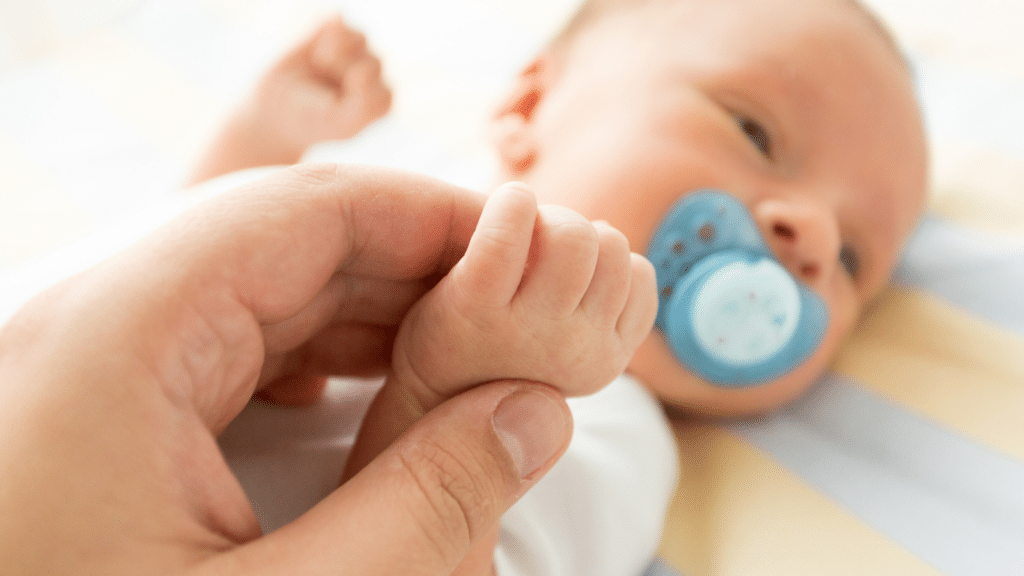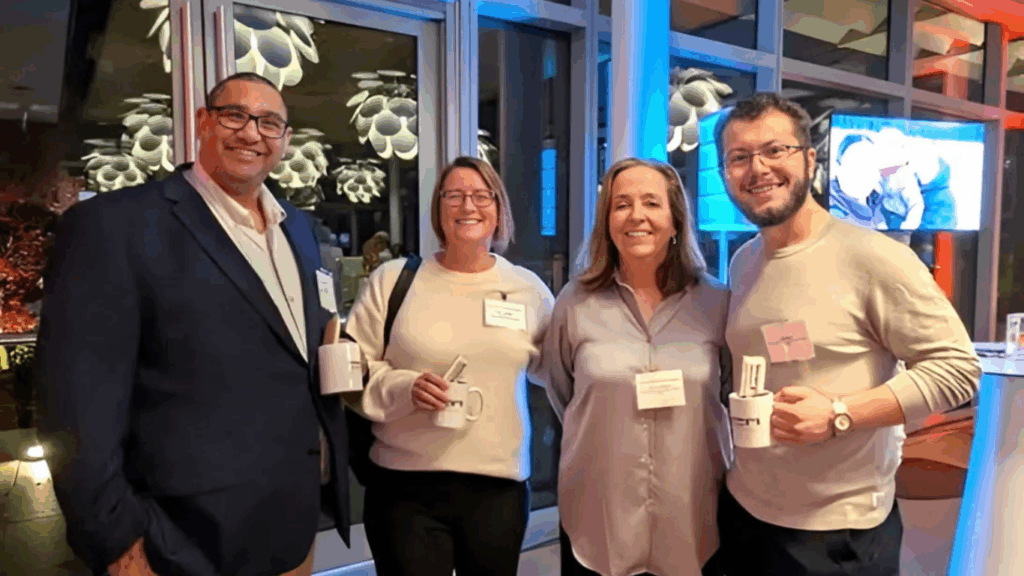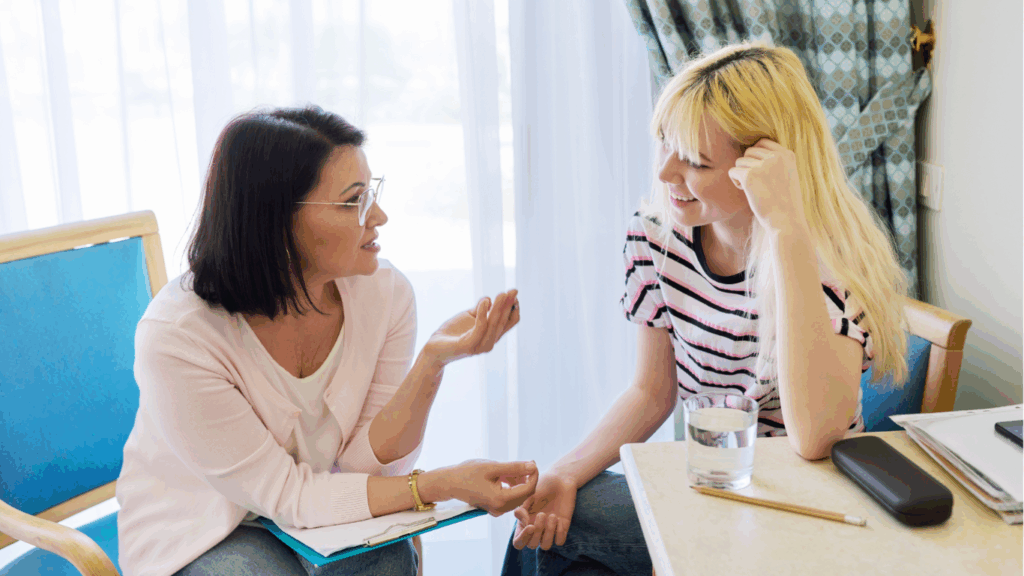A guide that covers the basics of openness and adoption for birth parents.
Birth parents matter
Sometimes you might not feel like it, but you are important to your child. Even if you are not parenting your child, it doesn’t mean you can’t play an important role—you can. Kids usually want to know where they came from and who gave them their special characteristics. Your contact with your child will also let your child know that he or she wasn’t “given away” or “abandoned,” assumptions adopted children often make if they don’t know any better.
Times have changed
Decades of experience have told us that cutting all ties between birth parents, and the children they made adoption plans for, is a great loss for children and that they tend to feel that loss for most of their lives. We also know that the loss birth parents feel about making an adoption plan for their children is lessened when they have some kind of contact.
Nowadays, many birth parents and adoptive parents have contact with each other. Sometimes it’s just with cards and letters; others have close relationships with regular contact. Of course, many birth parents are content with their decision to have their child adopted and some don’t want contact for their own reasons.
The loss from separation from a child can be especially distressing when a child is apprehended and an adoption plan is made without a birth parent’s support. Whatever your situation, please remember that you still have a responsibility to provide information for your child on his or her origins, and your family’s medical history.
Deciding on openness
If you decide to make an adoption plan for your child, learn as much as possible about open adoption. Your adoption agency and social worker will be able to talk to you about how it works, and they could introduce you to birth parents that have open adoptions. Adoption agencies have staff who are there to help people considering an adoption plan. They are there to help you. So, talk to them openly about your fears and hopes—they understand. They will also support you after your child has been adopted. Don’t dismiss openness because you think that after your child is born contact will be too painful—you may change your mind later, and it is harder to open an adoption if there is no contact from the start.
- If you are able to chose the adoptive parents for your child and you would like openness, make sure that they mention that they welcome openness in their homestudy.
- If your social worker isn’t helpful or supportive of your desire to have openness, don’t accept that, ask for another social worker, or call AFABC for advice—604-320-7330.
- If you decide that you don’t want openness, writing a letter (include a photograph) to your child for him or her to read at a later date would be an invaluable gift. Your social worker will help you to write the letter and let you know what would be good to include.
Openness agreements
If you do decide that you want some kind of openness, your social worker should be able to write an openness agreement. This sets the sort of contact you will have after the adoption. Though it’s not legally binding, it’s a good idea to have an agreement. Over time, many birth parents and adoptive parents increase the amount of contact they have; sometimes, it gets lessened. Like all relationships, openness relationships change and develop.
When it’s hard
It’s not unusual for birth parents to feel differently about contact with the adoptive family at different periods in their lives. When it’s too painful to keep in touch, send the odd photograph or card—it’s tremendously important for kids to know that they haven’t been forgotten, especially on important days like birthdays.
Difficult circumstances
If your child was adopted because he or she was apprehended by the Ministry of Children and Family Development (MCFD) and was placed in foster care and then adopted, you may have limited contact with your child. Even in such circumstances, children often want some sort of contact with birth parents. Though you may not be allowed face-to-face access, you may be able to send letters and photographs either directly to the adoptive family (if that has been agreed) or via your child’s social worker. If you have addiction issues, try to understand that your child’s adoptive parents may ask you not to visit until you are clean. If you are able to have contact with your child, for your child’s sake, be positive about his or her new family, even if you don’t feel that way—this makes it much easier for your child.
What makes it work
Making an open adoption work requires flexibility and a commitment despite the ups and downs. While this type of adoption is not right for every family, open adoption can work well if everyone wants it and if there is good communication, flexibility, commitment, respect for all parties involved, and commitment to the child’s needs above all.
Types of openness
Connections between birth parents and adoptive parents tend to fall into one of three types: fully-open, semi-open, and closed.
- Fully-open adoptions allow adoptive parents, and often the adopted child, to interact directly with birth parents. Ex. Jenny sees her daughter regularly and joins her adoptive family on some special occasions.
- In semi-open or mediated adoptions, information is relayed through a social worker rather than through direct contact between the birth and adoptive families. Ex. Tracey and Kelly exchange annual letters and cards with their child’s adoptive family through their adoption agency.
- In confidential or closed adoptions, no identifying information is exchanged. Ex. Lauren has no contact with her child and does not know where he lives.
Help with openness
Belonging Network
Call us at 604-320-7330 or contact us.
Forget-Me-Not Family Society
This BC organization offers peer support and counselling, consultation, and education for all those touched by adoption. Reach them at 604-777-2920 or www.adoptioncircles.net.
Openness registry
This BC government service helps birth and adoptive parents whose children are under 19 to make contact (to varying degrees) after an adoption. www.mcf.gov.bc.ca
BC’s adoption agencies
Find a list on our website.





